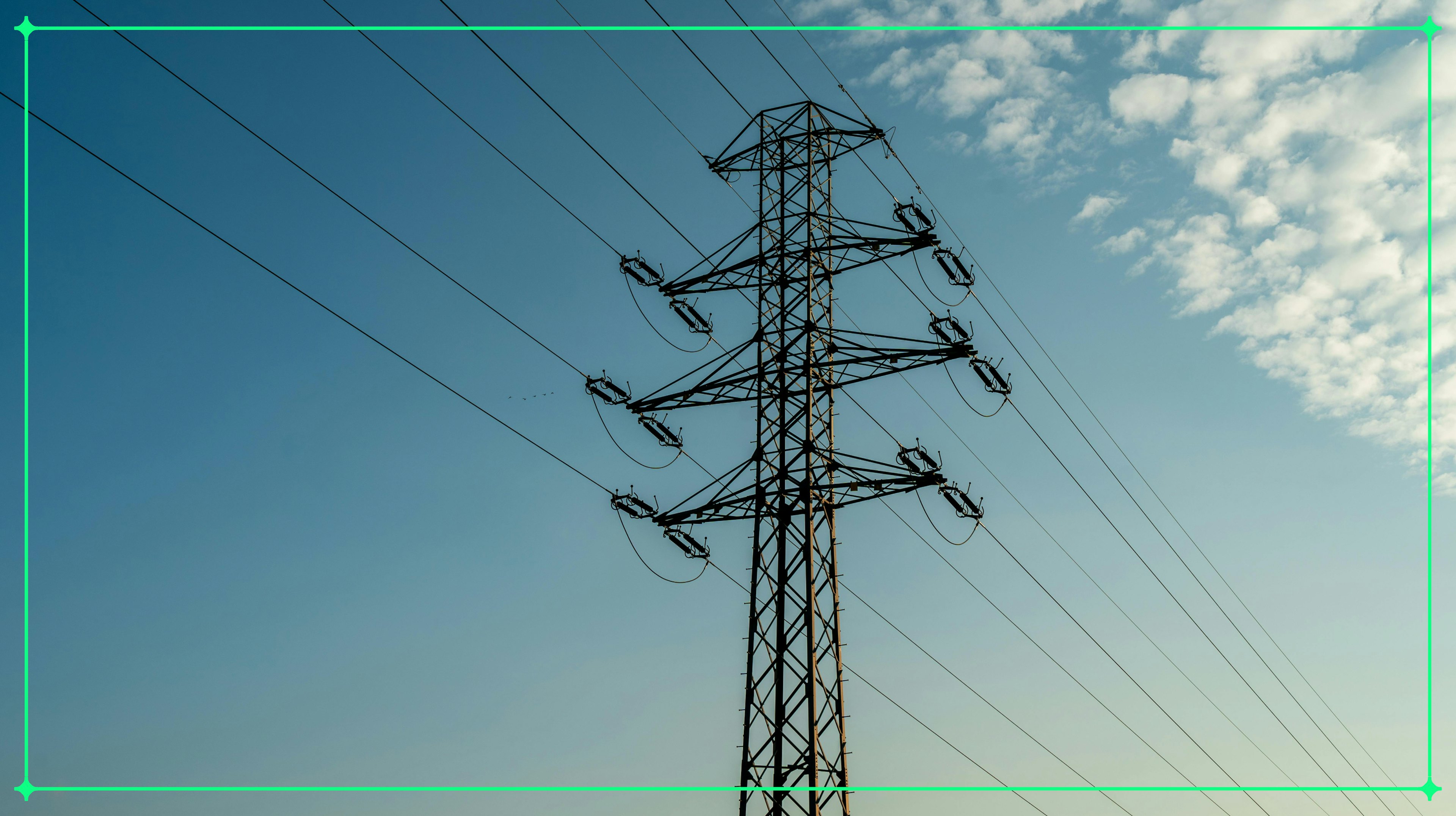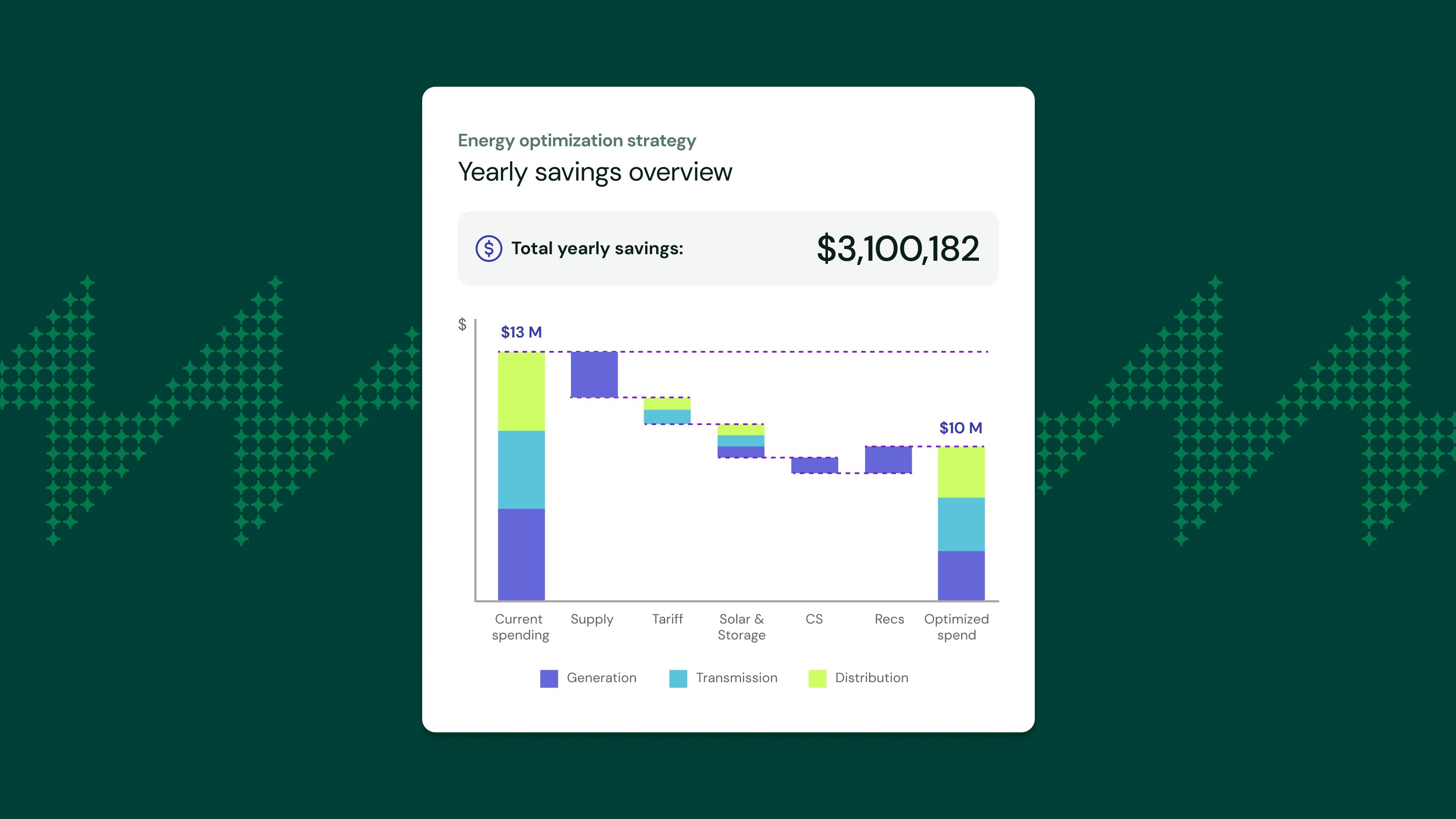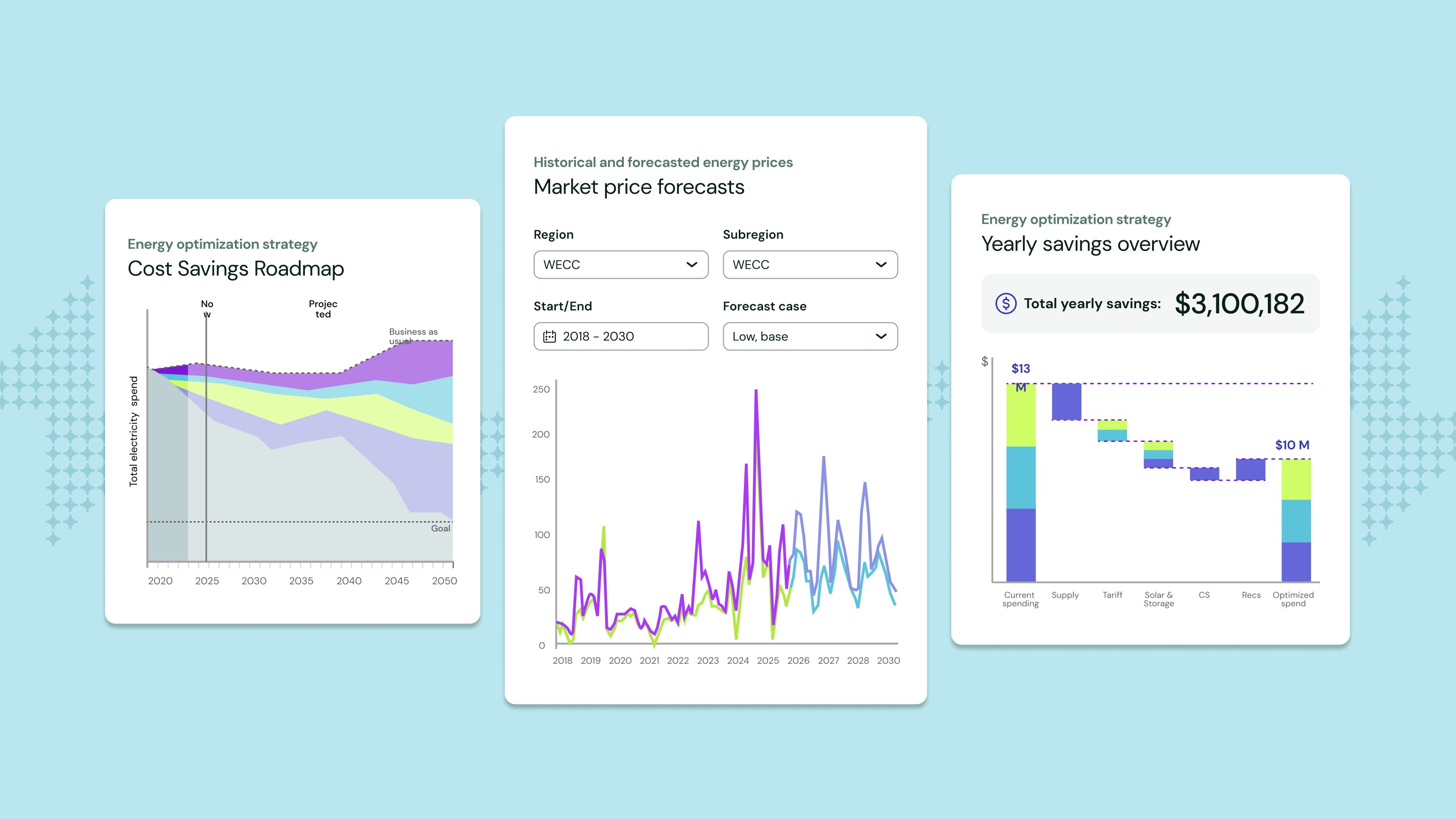Blog
The latest news, product updates, energy expertise, and climate perspectives from Arcadia.

This week marked a major moment for those in the energy procurement world: the annual PJM capacity auction. The results are in — and for the second year in a row, prices are at or near record highs.
Featured stories

In the wake of political uncertainty, ENERGY STAR Portfolio Manager customers need a contingency plan in case their data access is removed, even on a temporary basis. Arcadia can help.

By integrating the expertise of RPD Energy, Arcadia has strengthened our ability to deliver holistic, tailored procurement services for businesses across the US.

Our Q&A with Udit Garg, Arcadia’s VP of Product & Engineering, explores why generic AI solutions fall short in today's complex energy landscape — and how Arcadia's experience informs our strategic approach to leveraging AI.